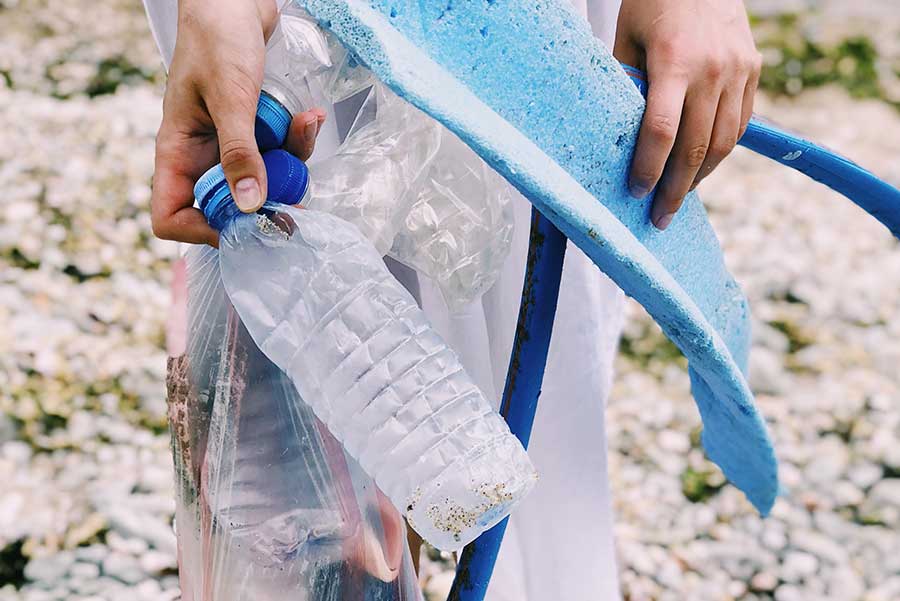Facts, what is the impact of disposal on the environment?
Fact 1
One estimate is that menstrual products form around 63% of the sewage-related debris along rivers and beaches. In the European Union, plastics in products like tampons and pads were among the five most commonly found items in marine debris. One estimate is that 252 million menstrual pads will clog European seas and beaches by 2030.
Fact 2
What is the impact on sewage systems? Menstruators often dispose of menstrual products in toilets, latrines or in the open for fear of being observed, for convenience, or because there are no bins. Menstrual products are designed to swell to absorb fluid, thus risking blocking sewage pipes. Sanitation companies around the world report that menstrual products are involved in 8090% of these blockages. Some manufacturers label their material as 'flushable', but the base for stating this is not clear.
Fact 3
What is being done? Countries across the world are taking steps to reduce plastic waste. The European Commission recently passed a law limiting use of some single• use plastic products. Disposable menstrual products ranked high on the list of plastic waste items, but were not banned as they were 'items with none or difficult alternatives'. The European Commission suggested that manufacturers in Europe should provide information on plastic ingredients, recommended method of disposal, and environmental impacts.
Fact 4
Conclusion/recommendations: Knowledge is poor. Where evidence exists, it indicates significant environmental impact in key areas (e.g maritime pollution). We should urge lawmakers to continue to make disclosure of product ingredients mandatory not automatically conclude that alternatives are not available (e.g. reusable pads or menstrual cups), make it possible for users to employ the safest possible method of disposal (e.g. bins rather than latrines), and researchers to do further studies, e.g. to what extent menstrual product ingredients are harmful and biodegradable








